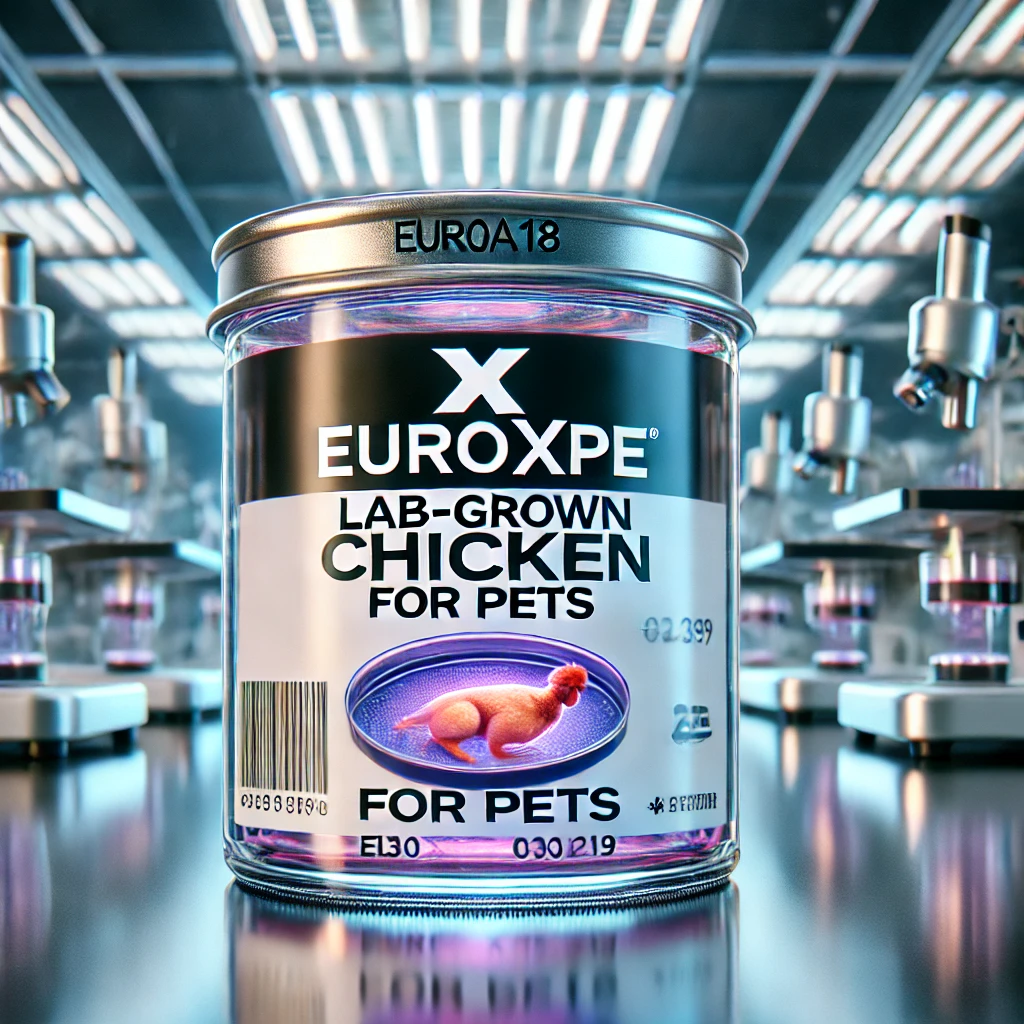The United Kingdom has become the first country in Europe to approve the sale of lab-grown meat. However, this innovative cultivated meat will be used in food for cats and dogs, rather than for their owners.
Once considered the stuff of science fiction, cultivated meat—meat grown from animal cells in a lab—is now set to become a reality in Europe. On July 2, the UK’s Animal and Plant Health Agency granted approval not only for the production but also for the sale of this revolutionary meat. The application was submitted by the startup Meatly, which produces cultivated chicken. Notably, Meatly’s products are intended for pet food, using chicken egg cells to produce meat for cats and dogs.
In the UK, preparations for the launch are already well underway. Earlier this year, it was reported that Pets at Home stores would be selling 150g cans of this innovative pet food for £1. All that remained was the green light from regulatory authorities to bring this ambitious project to fruition, following a successful £3.5 million fundraising campaign.
This approval marks a significant milestone, paving the way for large-scale production of pet food. However, it will reportedly take Meatly three years to develop the manufacturing processes required for industrial-scale production. According to Wired, lab-grown meat for dog food, produced by Meatly, could be available by the end of the year.
To date, lab-grown meat has only been approved for sale in Singapore, Israel, and the USA. Last year, the Israeli company Aleph Farms submitted an application for the approval of cultured beef in Switzerland. This application was developed in collaboration with the retailer Migros, with plans to bring such products to market within four years.
The UK’s approval makes it the first European country to green-light the sale of this type of food. In an interview with the Financial Times, Meatly’s CEO and co-founder, Owen Ensor, stated that without Brexit, it wouldn’t have been possible to secure approval so quickly. He also noted that the approval process was expedited because the request concerned pet food, not human food.
Meatly is not alone in the pursuit of manufacturing lab-grown meat for pets. Last November, a Czech company obtained European Union registration for laboratory-grown meat for use in pet food. At that time, Bene Meat Technologies was only producing a few kilos of meat but aimed to scale up production a hundredfold.
Elsewhere in Europe, opposition to lab-grown meat has emerged. Italy passed a law last November banning the manufacture of lab-grown meat, and in the US, Florida followed suit in May, inspiring similar legislative efforts in other states like Alabama, Tennessee, and Arizona.

